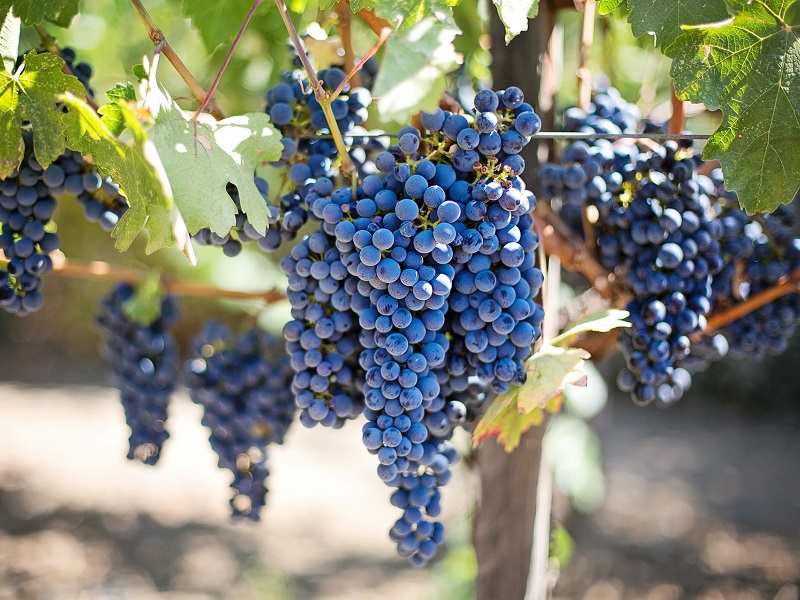Winegrape growers in the Murray Darling and Swan Hill regions are being urged to seek improved final prices for vintage 2020 amid some of the major wineries releasing what are described as below par prices for the coming vintage.
Murray Valley Winegrowers (MVW) chairman, Peter Crisp, says growers should not take the first offer made to them as wineries appear to be understating the supply and demand situation.
He added their ability to assist growers in covering increased input costs, particularly water, and the potential for the national crush to be reduced by up to twenty per cent.
“We have seen good upward movement in prices over the past week, with key reds now exceeding $700/t farm gate and Chardonnay beyond $400/t farm gate equivalent,” he said.
“We have also seen varieties such as Prosecco in the range $900-$1,000 per tonne and Pinot Noir prices improve significantly as wineries from regions that were affected by the bush fires and potential smoke taint, seek alternative supplies from our region.
“Pleasingly, we are seeing increases across the board with all varieties. It is also becoming evident across the Murray Valley that vineyard removals and crop reductions due to the heat wave and water crisis will mean a lower crop this year, so we are stressing to growers they should fight hard for every dollar they rightfully deserve.
“Growers should hold off accepting first price offers or signing supply agreements until we all have a real production picture – in short, we expect prices will continue to improve and growers will not get any benefit unless they demand better prices from their winery.”
Crisp said it was very disappointing to note that a number of the larger wineries had kept their base prices at their Indicative Pricing levels announced in mid-December, against a back drop of an upward trend in prices and only dealing confidentially with growers “one-on-one” to negotiate improved prices if growers complain.
MVW’s advice to contracted growers is to push hard for better prices and if wineries do not oblige then growers should formally dispute the final price offers under the terms of the contract or through the wine industry Code of Conduct, provided the winery is a signatory to the Code.
Crisp also commented that a couple of wineries had released growers from supply agreements for the current vintage on the basis they could not meet market pricing and did not want to hold back growers from getting their best financial return to counteract exorbitant water costs incurred in producing the crop.
“It is really good to see that some wineries are bringing forward payment terms to assist growers’ cash flow to cover water and harvest costs in what has been a challenging year,” he commented.
“It is very good to see a couple of the larger intermediate wineries show the leadership required to keep growers involved in the wine industry, when it seems that some others are intent on keeping prices and payment terms to a minimum base.”





















